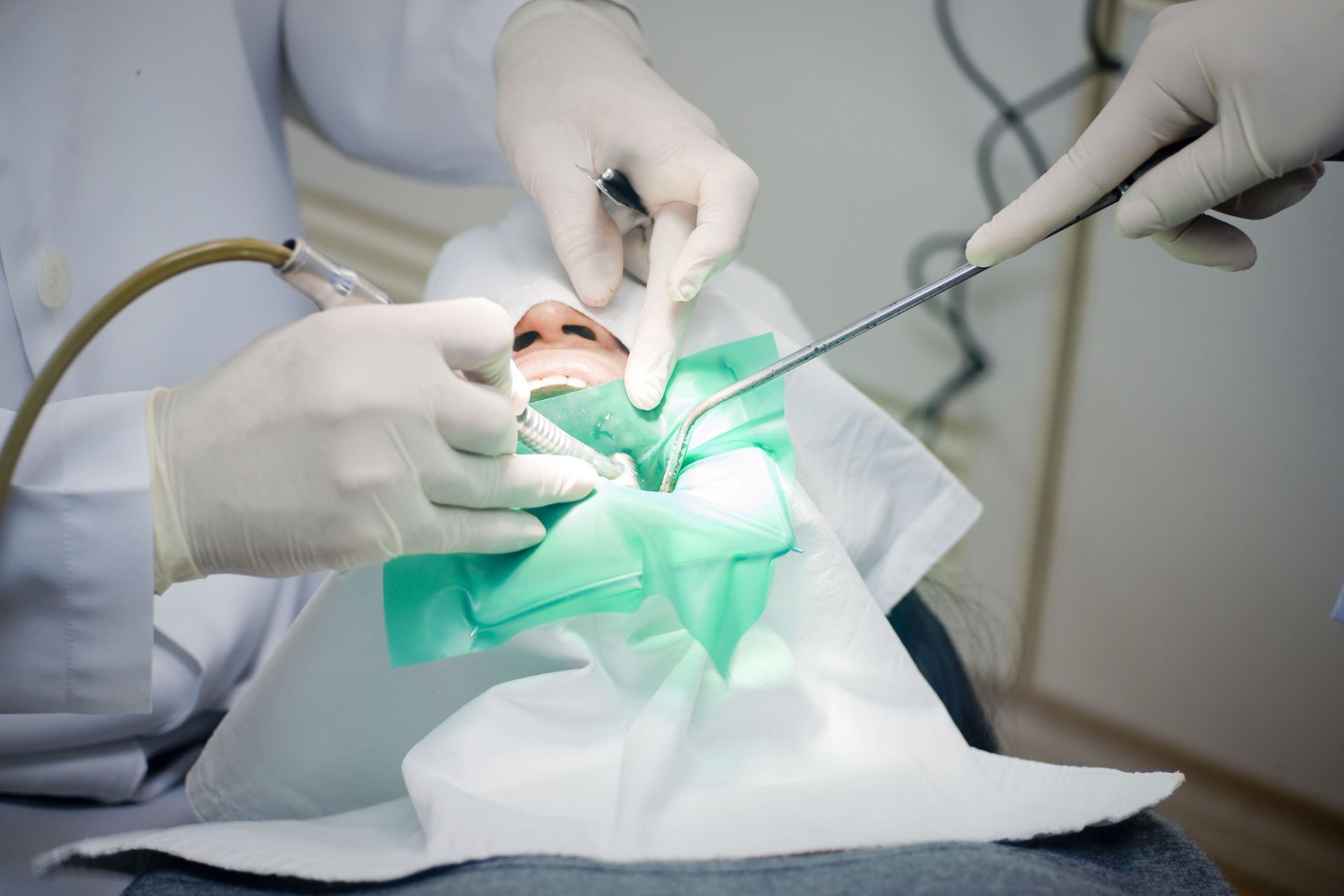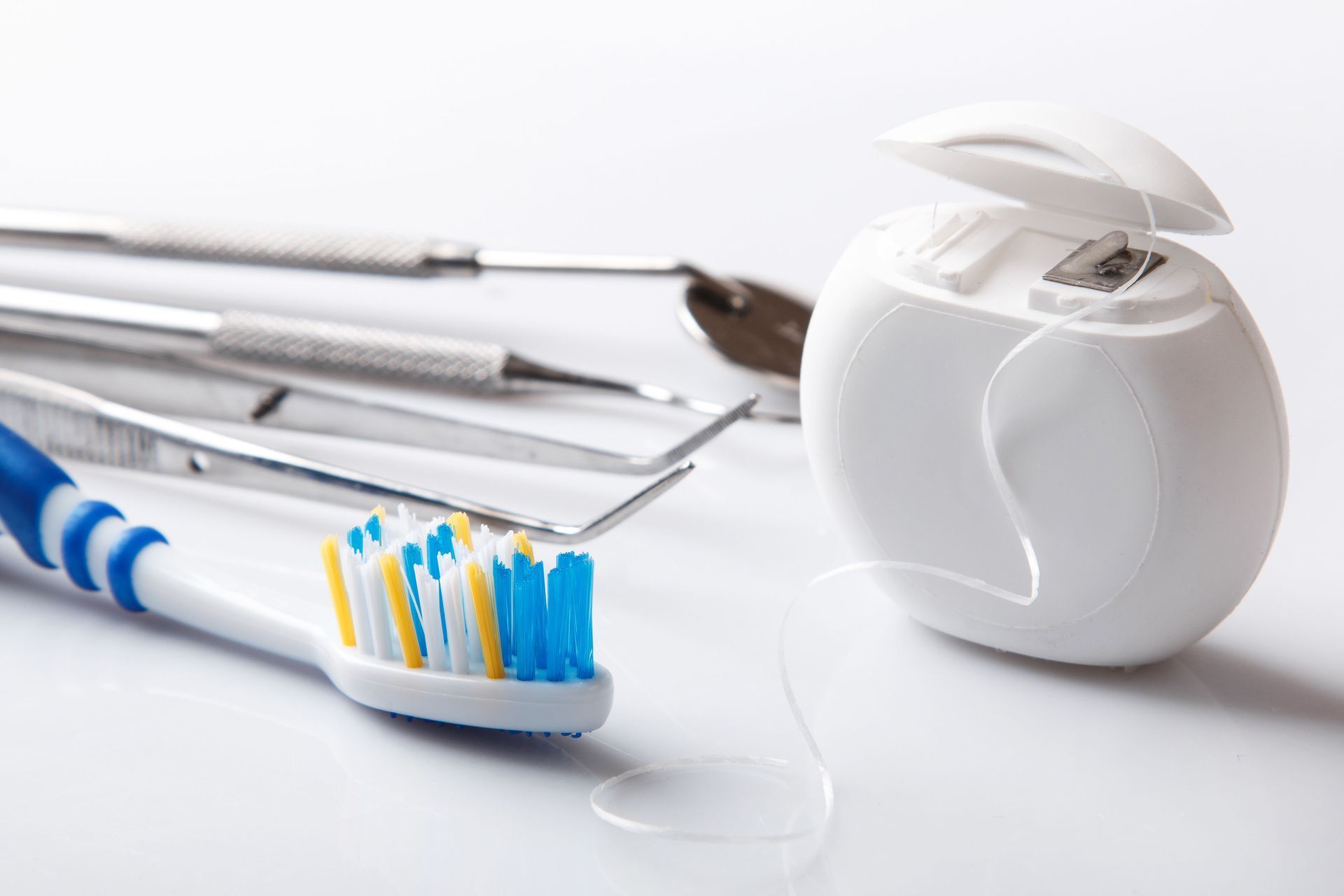5 Myths About Dental Surgery Debunked
Dental surgery is often viewed with a degree of apprehension, fueled by misconceptions and myths that discourage individuals from seeking necessary treatment. While the thought of any kind of surgery can be daunting, it's vital to distinguish fact from fiction. By debunking some common myths associated with dental surgery, we can approach these procedures with more confidence and less anxiety. In this post, we explore and dispel these myths to shed light on the realities of dental surgery. Understanding the truth behind these procedures can empower patients to make informed decisions about their oral health.
Advances in dental technology, such as laser dentistry and sedation options, have significantly improved patient comfort and outcomes. Additionally, dental surgeries, ranging from routine extractions to complex implants, are often less invasive than perceived, with recovery times typically shorter than expected. By addressing fears and clarifying misconceptions, this discussion aims to foster a more positive perspective on dental care, encouraging timely interventions that enhance overall well-being.
Myth 1: Dental Surgery is Painful
One of the most pervasive myths is that dental surgery is excruciatingly painful. People often imagine the worst when it comes to the pain associated with oral surgery, but modern advancements in dental techniques and anesthesia have significantly minimized discomfort. Dentists also employ various methods to ensure the patient's comfort during and after the procedure. Pain management options are more effective and comprehensive than ever, which means enduring excruciating pain is largely a myth.
Myth 2: It's Only Necessary When You Have Poor Oral Hygiene
Another common misconception is that dental surgery is only necessary when you have poor oral hygiene. While poor oral hygiene can certainly lead to conditions that require surgical intervention, it's not the sole reason for needing surgery. Many individuals maintain excellent oral health, yet may still require surgery due to factors like genetics, trauma, or the need for corrective procedures such as the removal of impacted wisdom teeth. In fact, according to the Centers for Disease Control and Prevention, one in four adults aged 20 to 40 has cavities, indicating that dental issues can arise even with good oral care.
Myth 3: You'll Lose Natural Teeth in Surgery
Some people worry that undergoing dental surgery means they'll lose their natural teeth. This myth likely stems from misunderstandings about procedures like root canals or wisdom tooth removal. In reality, dental professionals aim to preserve your natural teeth whenever possible. Procedures such as root canals are designed to save a tooth that might otherwise be lost to decay. Extraction, on the other hand, is typically a last resort when no other options remain viable or when it's necessary for overall oral health, as is often the case with problematic wisdom teeth.
Myth 4: Dental Surgery is Too Expensive
Cost is another aspect surrounded by myths. Many assume dental surgery is prohibitively expensive and avoid scheduling necessary procedures as a result. While dental surgery can certainly be an investment, most dental practices offer payment plans, and many insurance policies cover significant portions of the cost. Additionally, thanks to technological advances, procedures are more efficient and can sometimes be less expensive than in the past. Ignoring dental health due to presumed costs can lead to more expensive and extensive procedures later on.
Myth 5: The Recovery Time Takes Too Long
The fear of a lengthy recovery time is yet another myth that deters individuals from pursuing dental surgery. Contrary to popular belief, many dental procedures have surprisingly short recovery periods. For example, patients undergoing simple tooth extractions or uncomplicated implant placements can often return to their daily activities within a few days. Moreover, with clear post-operative instructions and a good communication channel with your dental care provider, managing the healing process has become increasingly straightforward and manageable.
The myths surrounding dental surgery largely perpetuate unnecessary fear and misinformation, preventing people from receiving vital care. Understanding the truth about dental surgery — its painlessness, necessity, affordability, and recovery — can empower patients to make informed decisions about their oral health. As advances in dental care continue, it's more important than ever to dispel these myths and embrace the reality that today's dental surgery practices are safe, effective, and designed with patient comfort in mind. A healthy smile is a valuable asset, and informed decisions help in preserving it. To learn more about dental surgery, contact Jay I. Swanson, DDS, MD, FACS, today!












